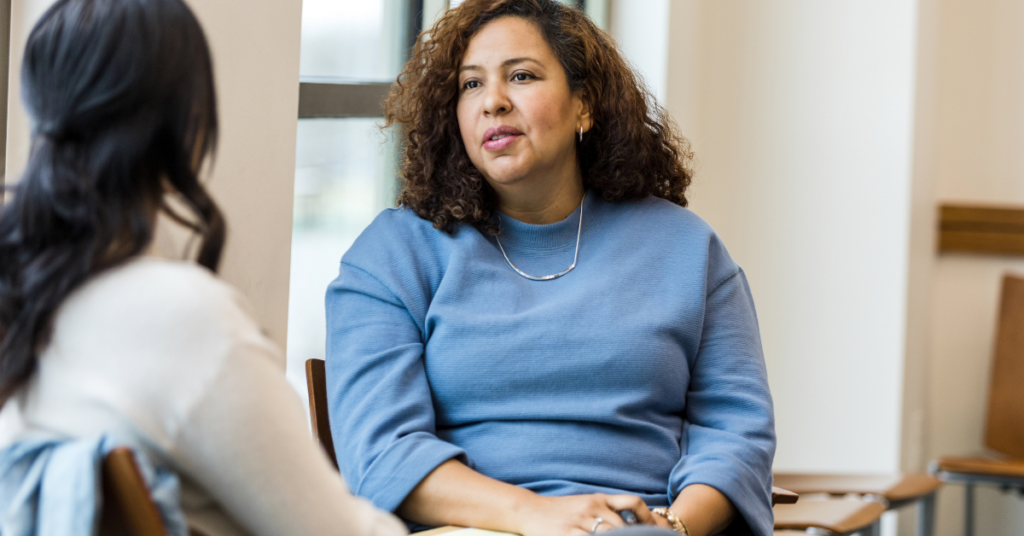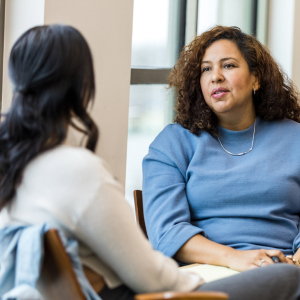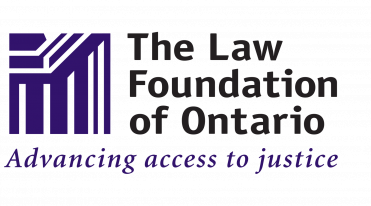
In the first half of 2024, The Law Foundation of Ontario has made eight new Responsive grants, totaling close to $1.5M.
The funded projects will support the legal rights of people faced with a disability, survivors of violence, and Indigenous peoples. Additionally, another project will leverage Artificial Intelligence to expand, free public legal information. See below for more details.
The Responsive program funds community-based ideas to improve access to justice. Since February 2024, applications are being accepted on a rolling basis. Details about the program and application process can be found on the Foundation’s website.
Responsive grants made (January 1 – June 30, 2024)
Canadian Legal Information Institute (CanLII)
$248,000
Leveraging Artificial Intelligence to summarize Ontario primary legal information
The Canadian Legal Information Institute (CanLII) will use Artificial Intelligence to generate 76,140 summaries of Ontario case law and legislation. These summaries will be translated into both official languages and publicly available for free online access by legal professionals and the general public. The objective of the project is to make complex legal documents more accessible and searchable.
Chiefs of Ontario
$250,000
Consent-Based Consultation and Accommodation Standards
The Chiefs of Ontario (COO) will develop legal education resources on the duty to consult First Nations. COO will carry out legal and policy research, and conduct outreach and engagement with the 133 First Nations in Ontario. This initiative will benefit First Nations in Ontario, and the Governments of Ontario and Canada, by providing guidance on standards for accommodation and consultation practices.
EmpowerHer Diversity Hub
$78,000
Community Justice Initiative: Identifying Legal Needs
EmpowerHer Diversity Hub will conduct a legal needs assessment to better understand the legal needs and available resources for agricultural workers, international students, and other vulnerable groups in Ontario including survivors of gender-based violence with precarious immigration status. Research results will inform the development of resources that address the most pressing legal needs of the community, as well as produce a map that identifies existing legal resources and services available to the target communities.
Gillian’s Place
$200,000
Trauma-Informed Legal Support for Survivors of Gender-based Violence
Gillian’s Place, located in St. Catharines, will hire a Family Court Support Worker to support its Legal Program that provides free legal advice, information, and referrals to help women who have experienced intimate partner violence through the family and criminal court systems.
Legal Advocates for Nature’s Defence
$250,000
Protecting Natural Law and Lands: Community-based Lawyering in Northern, Indigenous Communities
Legal Advocates for Nature’s Defence (LAND) will develop culturally appropriate legal resources and deliver in community trainings on environmental and Indigenous rights in northern Ontario. LAND will establish an Advisory Circle of Indigenous Knowledge Holders. The project will strengthen Indigenous community members’ knowledge of their rights, and their ability to participate in project decision-making and consultations with governments and industry.
Ottawa & District Injured Workers’ Group
$117,800
University Clinic Project
Ottawa & District Injured Workers’ Group will grow its University Clinic Project in partnership with the University of Ottawa, Faculty of Law. The clinic supports workers across the province whose claims for WSIB have been rejected by providing legal expertise in identifying potential objections a client may have to a WSIB decision. The project’s goal is to enhance access to justice for people injured at work in Ontario.
Seizure and Brain Injury Centre
$136,000
Empowering Northern Ontario: Enhancing Legal Access for Brain Injury Survivors
The Seizure and Brain Injury Centre will make legal services accessible to people living with brain injuries in northern Ontario. It will create accessible toolkits tailored for people with brain injuries, and will develop a list of legal professionals trained in working with clients with brain injuries. By expanding its laptop library, more clients in remote communities will be able to access virtual court. The object of this project is to enhance access to justice for northern Ontarians living with brain injuries.
Victim Services Toronto
$220,000
Expanding Exit Route: Connecting Community to Justice
Victim Services Toronto will work with Toronto Police 51 Division to provide victims with trauma support, legal information, case management, court accompaniment, and will provide a direct link to the Crown Attorney stationed at 51 Division. This project aims to advance access to justice by connecting police, the criminal justice system, community support agencies, and victims of crimes.


